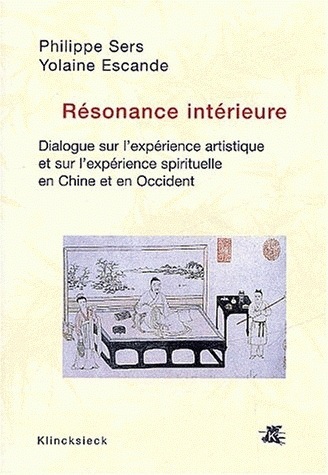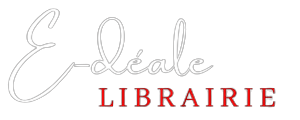This work explores the affinities between the contemporary manifestations of Western art and those of traditional Chinese artists. These comparisons are not based upon similarities of style or formal analogies, or even upon any possible fusion of cultures, but upon observing their common way of approaching artistic creation and by analysing the relationships that the spectator, or listener, enjoys with the work. A kinship becomes evident when Chinese and Western texts are compared. From this confrontation emerges a paradigm of artistic experience not unlike that of a spiritual experience. The common concepts depend upon the artist's moral standards, quest for substance and methodical principles.
Moral rectitude coincides with the search for meaning, of which it is both the condition and the consequence — as if any causal succession were outmoded whenever the artist begins his quest for truth and inspiration. From that moment, the artist is transmuted into a witness of his life's experience. The Chinese master — like the artist of this avant-garde art, which for the most part is still misunderstood — seems to be the one who can attest to this breath of life, this original spirit, and to the true meaning of things.
Yolaine Escande is a sinologist who specialises in Chinese aesthetics, graphic arts, calligraphy and painting. Her latest published books are : L'Art de la Chine traditionnelle, le cœur et la main and L'Art en Chine, la résonance intérieure.
Philosopher Philippe Sers is an expert in avant-garde art and the power of images. His most recent published books are : Icônes et saintes images, la représentation de la transcendance and Totalitarisme et avant-gardes, falsification et vérité en art.




